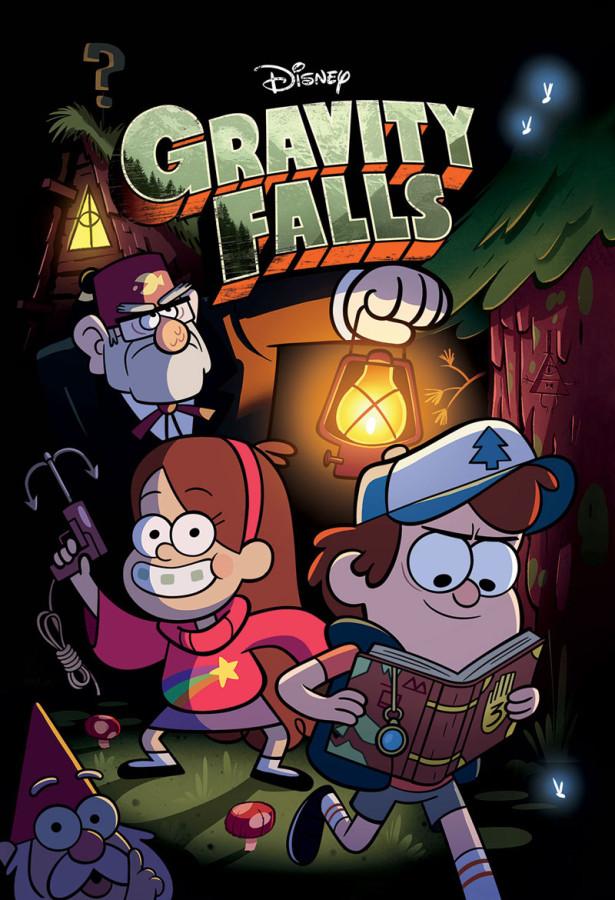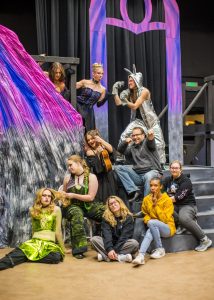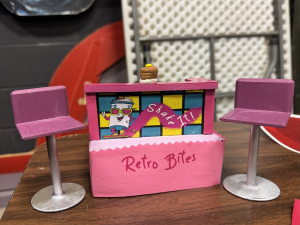How Gravity Falls: Animation’s Impact on Youth
April 1, 2016
“It’s out there, somewhere in the woods. Waiting.”
The final words spoken in the hit Disney channel series Gravity Falls succeed in conveying the very essence of what it means to be a child, growing up in a world that you don’t fully understand. Not a fear of what may be inevitable, but an unrivaled optimism and curiosity for what you have yet to experience, propelled by an adventurous spirit –whether withheld or expressed- and a wonder at what may lie beyond what you can see. In doing so, it acts as a catalyst for the education of children as they wrap their own imagination around the concepts presented to them in this format, and as a reinforcement to maintain an explorative spirit throughout their lives.
This type of education has been implemented by animated programing heavily in recent decades, but I whole heartedly believe it is has reached its highest potential in the most recent shows set to air both nationally and globally. Even in what appear to be simple children’s programming, they achieve landmarks in showcasing complex moral dilemmas and expert characterization, while still maintaining a structure easily followed by children that in no way reduces the value of the overall content. It is an incredible departure from the arguably shallow and two dimensional shows that ran rampant on all major networks for many years, and that still have some relevance in certain areas.
Take Gravity Falls as an example of this, a show centered on the mysteries of a small town in central Oregon and the adventures of twins Dipper and Mabel Pines. While indulging the viewer in the fanciful myths, lore, and the large-than-life mystery that surrounds of the series’ events, the overall adventure ties into the development of the characters as people as they face their own challenges. As a result, a genuine moral lesson is learned that can be built upon and shaped as seen fit through a child’s curiosity and adventurous mind, which has been supported by the shows primary themes of mystery and self-discovery. One episode in particular discussed the importance of a balance between growing too fast and not wanting to move on, all while dealing with the impending threat of the main antagonist destroying the entire town.
Other shows in recent times have used their own themes to demonstrate value lessons as well, including Steven Universe, as it has used its concept of the cultural hierarchy of an invading world to relay a message of tolerance and acceptance, and a need to fight for your beliefs, a concept that has not ceased to be a valuable lesson to learn at an early age. The show’s LGBT representation at certain points in the series has also played a major role in the teaching of this lesson.
A child’s naturally curious attitude and wondrous thinking is a key aspect as they develop throughout their early lives, and it should remain apparent that what a child may watch can have a very large impact on them as people. It is very fortunate that many shows have undertaken the task of adding a meaningful quality to what they portray, that is shaped directly around the mentality of a child so that they may have a better chance to understand and use these lessons in the future, while having the spirit to continually explore new concepts into adulthood, where new experiences lie in waiting.






